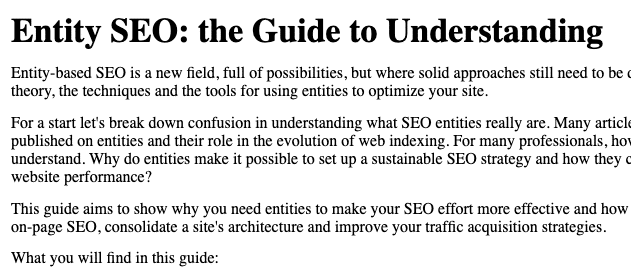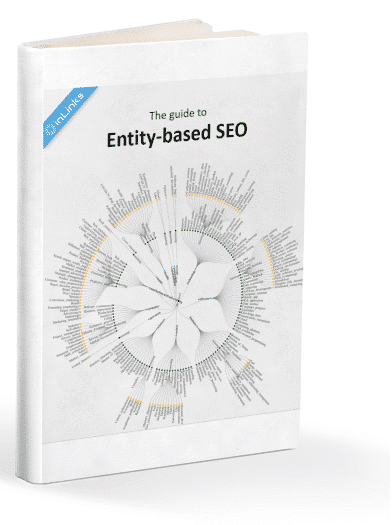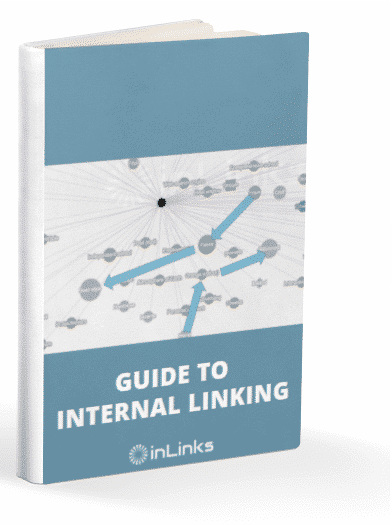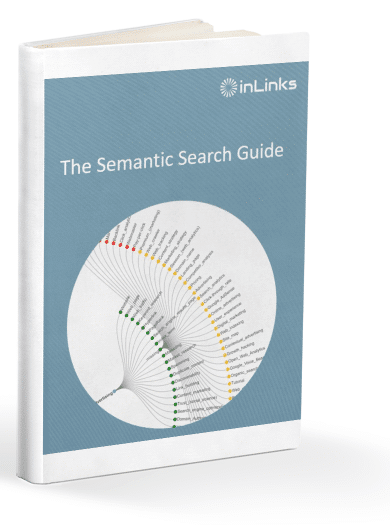I have just got back from BrightonSEO. A brilliant event with brilliant people with just one not-so-brilliant oversight. Of all of the talks I saw over the two days, not one put a name to the mysterious phenomenon which is Entity SEO. Sure, people were skirting around the topic, and some touched on related concepts of building topical authority incredibly well.
But in a world where we KNOW google is using a huge Knowledge Graph why are we not picking it apart? Are we scared that we’ll get it wrong, I wonder?
In this post, I aim to cover the basics of entity SEO and link it to some of the concepts I saw at these talks. This is a desperate attempt to start getting people to associate these weird ‘findings’, these unexplainable phenomena, to the very real theory of entities.
1- What is entity SEO (briefly)
Stop thinking about keywords, throw keyword difficulty and volume out the window, burn word count and frequency. Entity SEO is turning words into ‘things’.
Take a table, for instance:
On a computer (before entity seo), table = the pixels that made up the word table for our eyes.
In real life, table = the ideas that make up table in our minds.
On a computer (using entity seo), table = the pixels that make up the word table for our eyes AND minds.
It might be scary to admit, but entity SEO is part of a much bigger trend in machine learning which is helping computers mimic humanistic understanding. Turning things from arbitrary code into actual tangible ideas is the very essence of understanding. And, what is SEO if not mastering the art of search engine understanding?
Why Do You Need To Start Talking About Entity SEO?
There are so many reasons, but the one I would like to stress the absolute most is that IT IS FINALLY SOMETHING NEW IN THE SEO WORLD.
Entity SEO is changing the way Google interprets your website, it is changing the way you write content, it is changing the way users input queries. The fact that our industry is not raving about the evolution in search is something I think needs to be addressed.
OK, that’s my rant over. Now, let’s dive into the aspects of modern SEO that can be better understood through an entity lens.
Topical Authority Proves the Existence of Entity SEO
This is a term we are hearing more and more every day. Yet the perceived connection between Topical Authority and Entities still seems weak to me. One cannot exist without the other, here’s why.
Topical authority happens when you talk meaningfully about all of the concepts around an idea. If I want to rank for tables I now have to talk about wood, glass, cups, coasters, chairs, dining rooms, sizes, dimensions… the list is long but, crucially, exhaustive.
This inherently means that entities exist.
If Google can figure out that there is a connection between wood/glass/cups/etc that all point towards a coherent understanding of tables then it MUST understand ‘table’ as an entity. These concepts exist in context to each other with a relationship that has been coded. Therefore, you need to understand the essence of entity SEO to achieve topical authority.
Internal linking Uses Entity SEO Without You Realising
Before you skip this one as a term you’ve seen so often I want you to think about the reasons you actually do internal linking, and what makes you place an internal link on your website.
Is it:
a) to look nice
b) to improve user experience
c) help google understand which page is most relevant on an idea
d) to help users understand which page is the most relevant on an idea
e) to send people to your money pages, regardless of the meaning of the anchor text…
Now you are thinking critically about why you place internal links, lets have a look at how they too should be optimized with Entity SEO.
Let’s take C and D from the list above. Internal linking done well is very often an attempt to direct search engines and people to the most relevant pages. I have used the term relevant here purposefully.
Relevancy is a metric that can only exist when you consider the framework surrounding Entity SEO.
Internal linking is like a nervous system in the body, carrying messages to the RIGHT PLACE. If search engines had no concept of relevancy and connections and abstract thinking then internal linking for this purpose would be pretty useless. But we know it works, just another reason mastering entities is important for even the most basic SEO practices.
So, if you are just sending people to your money pages with no regard for if they will find this relevant you are now not just at risk of losing trust with your user, you are also at risk of losing search engine understanding and, in turn, your rank.
Schema Markup? More like Entity Markup!
This one may be shocking, but I promise you that you can use your schema for more than just a pretty knowledge panel. You can manipulate entities to have search visibility via schema.
We have come to learn about schema markup as a great way to grab that SERPs real estate. We know that it has the ability to make your listing visible and can connect you with other relevant data to embellish your presence.
But what if I told you that schema also exists to scream out to google and make her understand the most important ideas on a page, and what those ideas mean in a very human way?
For example, the Labour Party has a page detailing TOOLS FOR ACTIVISTS. This is talking about the ways people can get their say. With schema markup, we now have the ability to tell google THROUGH ENTITIES what this page is conceptualizing.
And here it is (don’t be scared, I will explain after …)
"about": [
{"@type": "Thing", "name": "Tool", "sameAs": "https://en.wikipedia.org/wiki/Tool"},
{"@type": "Thing", "name": "Activists", "sameAs": "https://en.wikipedia.org/wiki/Activism"},
{"@type": "Organization", "name": "Labour Party", "sameAs": "https://en.wikipedia.org/wiki/Labour_Party_(UK)"}
],
"mentions": [
{"@type": "Thing", "name": "campaign", "sameAs": "https://en.wikipedia.org/wiki/Marketing"},
{"@type": "Thing", "name": "print", "sameAs": "https://en.wikipedia.org/wiki/Publishing"}Here we are telling Google before it has even read your content what it is about.
Firstly, we are saying this page is about tools:
{“@type”: “Thing”, “name”: “Tool”, “sameAs”: “https://en.wikipedia.org/wiki/Tool”},
This is very simply saying to google what we mean about the concept of tool via the dataset of Wikipedia., This is because Google understands Wikipedia and uses it in its own knowledge graph.
We continue to do this for the buzzwords, activism, labour party, marketing, publishing giving google an understanding of the way this page might be relevant to other pages using these ideas.
If internal linking is the nervous system, schema markup is the muscles. Without defining them, the meaning and shape will still be there, but by feeding them and training them, and directing them your pages will grow stronger and Google will be able to trust the content more.
Main takeaways
Ok, there’s a lot here. But what I’m trying to say is you are already using Entity SEO whether you like it or not.
- Internal linking uses relevancy, a concept that can only exist outside of keywords.
- Topical authority can only exist if you consider entities as vital.
- Schema markup is an easy way to disambiguate entities for Google
I suppose my main takeaway is this:
Entity SEO is not as unreachable as you think. For ages, it has been an inaccessible pit of theory and jargon. But now it’s here and we need to recognize its existence.
So, let’s start to talk more about it and learn together as a community to figure out the impact of this scary new thing.





Leave a Reply
Want to join the discussion?Feel free to contribute!